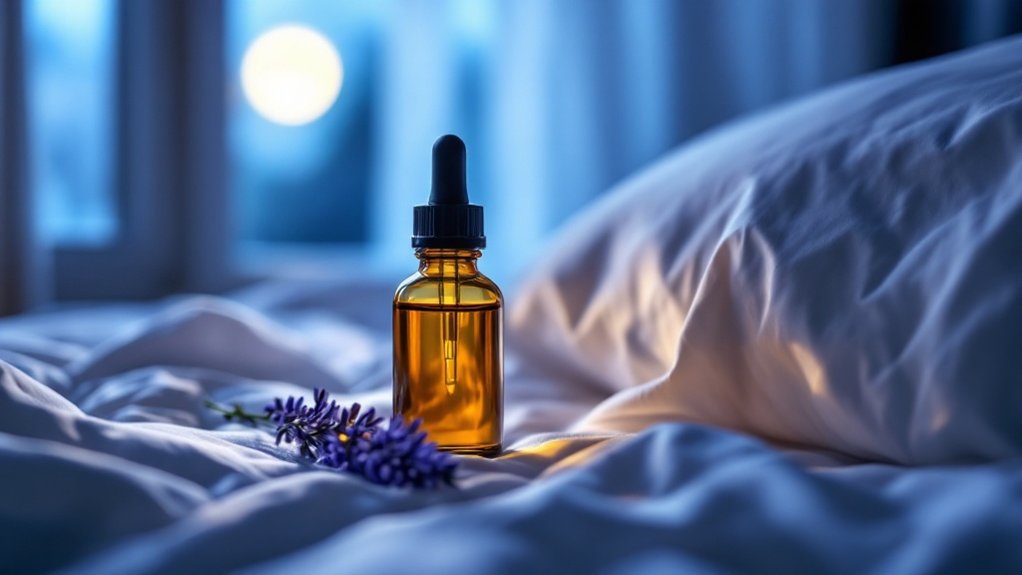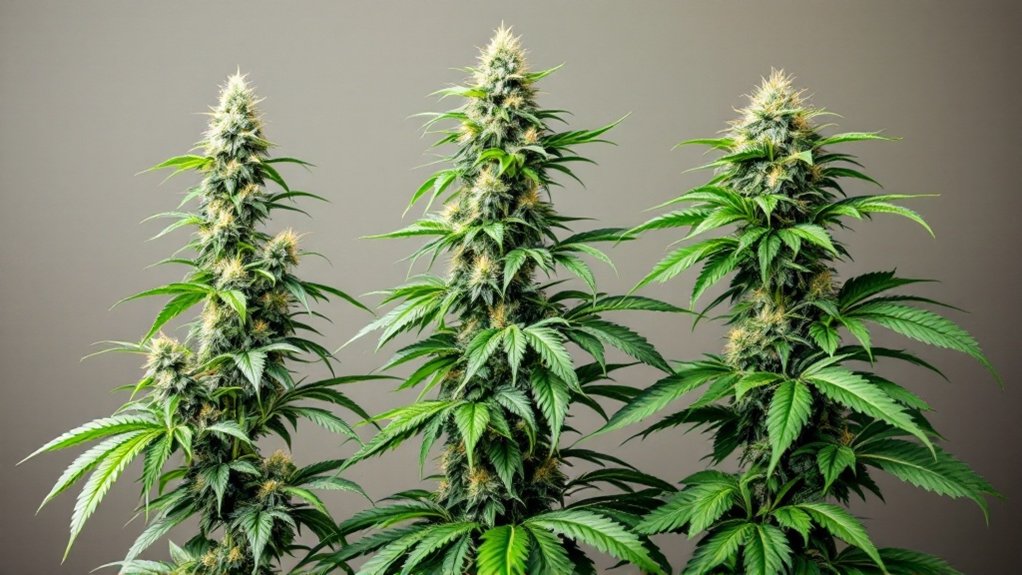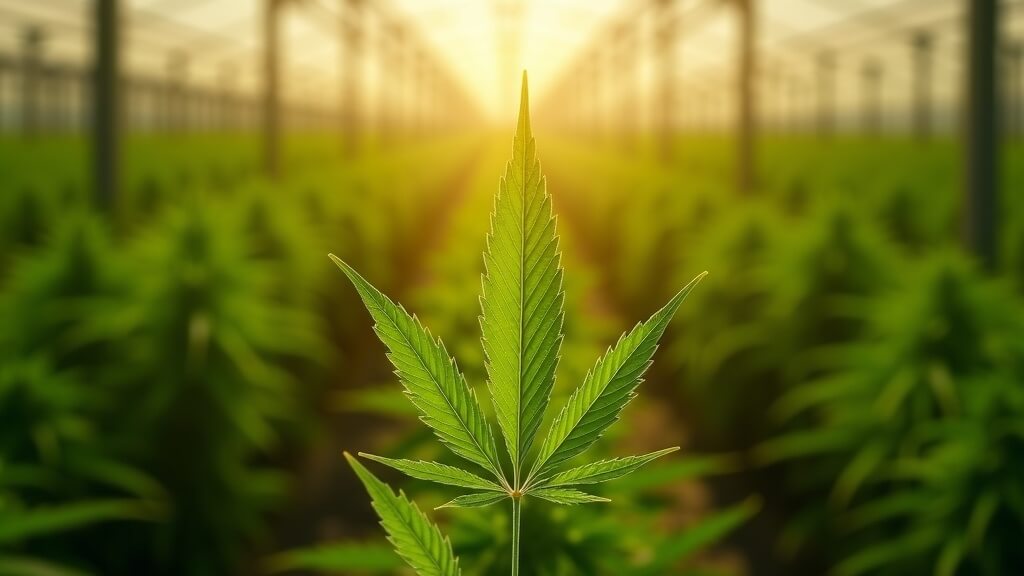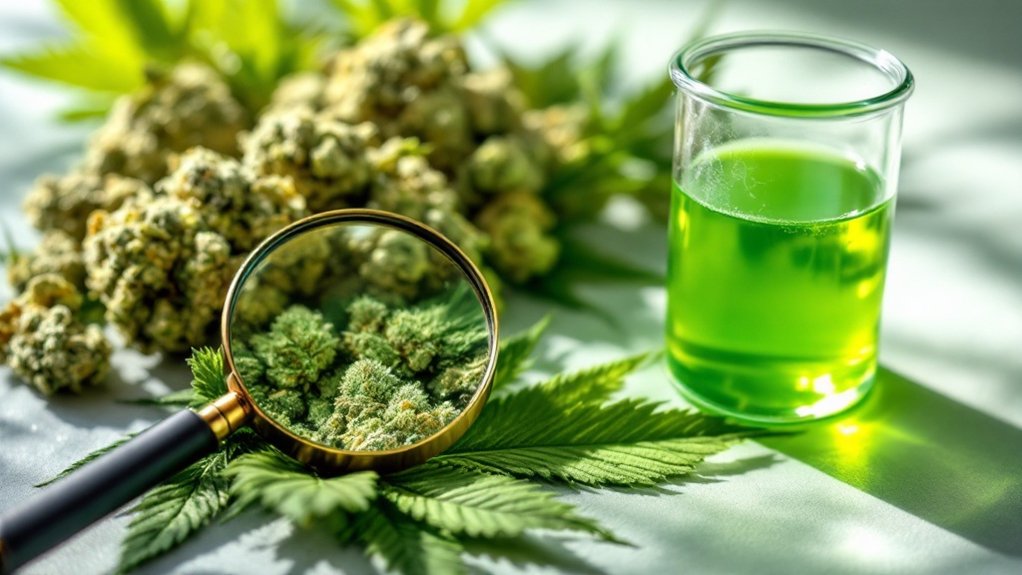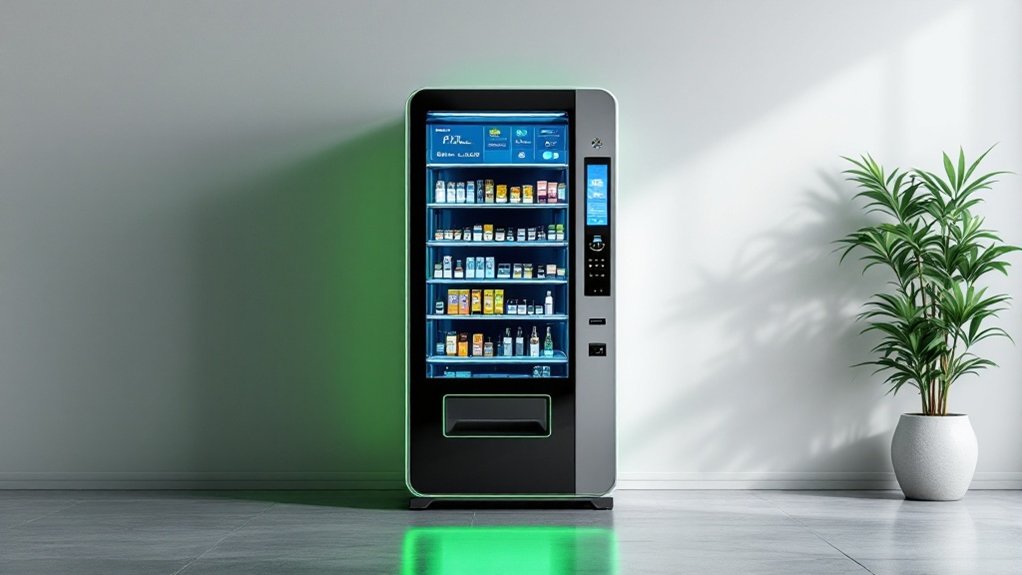CBN is a cannabinoid formed when THC breaks down in cannabis. It’s mildly psychoactive, about 25% as potent as THC but won’t get you stoned. Nicknamed “the sleepy cannabinoid,” CBN has gained popularity for potentially aiding insomnia and promoting relaxation. The science? Still catching up with the hype. Anecdotal evidence is strong, but research remains limited. Older cannabis tends to have more CBN. Yeah, that might explain why that ancient stash made you so drowsy.
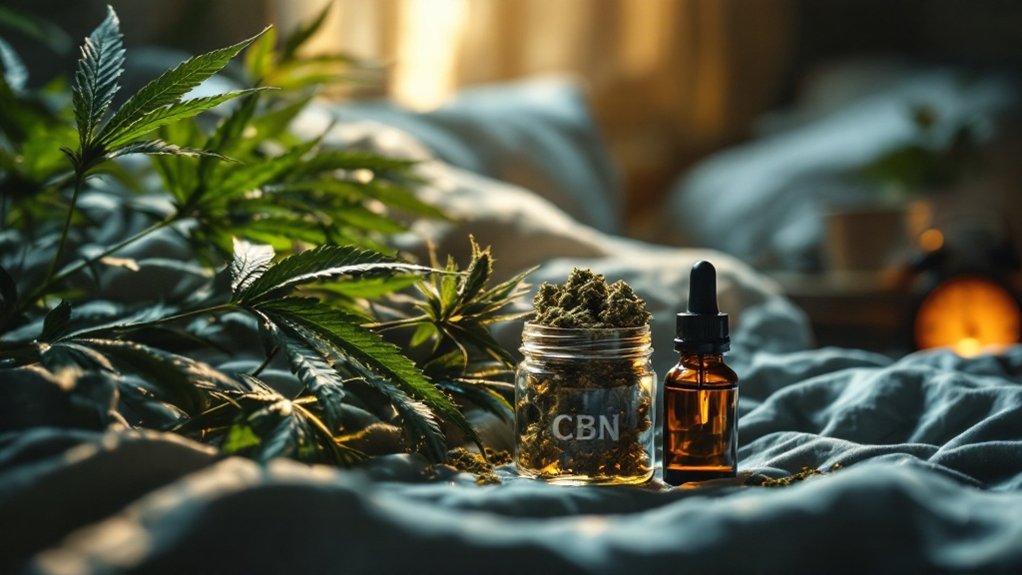
Insomniacs, listen up. There’s a “new” cannabinoid making waves in the sleep-deprived community, and its name is CBN. Short for cannabinol, this compound isn’t actually new at all – it’s what happens when THC (the stuff that gets you high) breaks down after exposure to heat and light. Think of it as cannabis that’s aged like a fine wine. Or maybe just gotten old. Either way, its properties are gaining attention.
CBN is considered a minor cannabinoid, showing up in much smaller amounts than the rockstars CBD and THC. It’s mildly psychoactive—about 25% as potent as THC—but don’t expect a significant high. Most users won’t feel intoxicated. Good news for those who want benefits without feeling like they’re floating three feet above their bed.
Unlike its famous cousins CBD and THC, CBN offers a gentle nudge rather than a shove into relaxation – perfect for the high-averse insomniac.
The sleep connection? That’s where things get interesting. CBN has earned the nickname “the sleepy cannabinoid” based on anecdotal evidence suggesting it helps with insomnia. Users report it promotes relaxation and eases tension at bedtime. But here’s the catch: scientific research is still playing catch-up. The reputation largely stems from observations that older cannabis (which naturally contains more CBN) tends to make people drowsier. Correlation or causation? The jury’s still deliberating.
Mechanically speaking, CBN interacts with both CB1 and CB2 receptors in the body’s endocannabinoid system, but with less enthusiasm than THC does. Some theorize its sedative effects might result from the “entourage effect”, cannabinoids working together like a sleep-inducing boy band. The body metabolizes CBN to produce 11-OH-CBN metabolite, which is twice as potent as CBN itself. Some studies suggest CBN could be particularly effective for people with conditions like fibromyalgia for pain relief, especially when used in combination with CBD.
It’s worth mentioning that hemp-derived CBN (containing less than one-third percent THC) enjoys broader legal status than marijuana-derived varieties. Side effects are generally mild, but long-term research remains limited.
Bottom line: CBN might help you catch those elusive Z’s. Or it might not. Science is still figuring it out. Sleep tight. Or don’t. That’s kind of why we’re here.
Frequently Asked Questions
Is CBN Legal in All States?
CBN exists in a legal gray zone.
No, it’s not legal in all states. While the 2018 Farm Bill legalized hemp-derived CBN federally (under 0.3% THC), individual states have their own rules.
Idaho, South Dakota, and Nebraska? Total bans.
California and Colorado? Green light.
The legal landscape’s a mess. State regulations change constantly.
What’s legal today might not be tomorrow.
Can CBN Be Detected in Drug Tests?
CBN can indeed show up on drug tests. Not directly, but through sneaky cross-reactions.
Most tests target THC and its metabolites, not CBN specifically. But here’s the kicker: CBN’s similar structure to THC confuses some tests.
Pure CBN? Probably fine. The sketchy CBN products containing trace THC? That’s your ticket to a failed test.
Manufacturers aren’t always forthcoming about contamination. Drug testing science. Complicated stuff.
What Is the Best Time to Take CBN for Sleep?
The best time to take CBN for sleep? Turns out, it’s not right before bedtime.
Research shows CBN has a delayed onset—several hours after taking it. Unlike quick-acting sleep meds, CBN’s metabolite 11-OH-CBN takes time to build up in the brain.
Most experts suggest dosing 2-3 hours before your desired sleep time. Timing varies by product type too. Oils and gummies? Different absorption rates.
No one-size-fits-all answer here.
Does CBN Interact With Prescription Sleep Medications?
CBN might interact with prescription sleep meds. The truth? Nobody really knows for sure.
Research is pretty absent. Both CBN and sleep medications affect the brain, just through different pathways.
CBN gets processed by the liver, potentially competing with many sleep drugs for metabolic resources.
Animal studies show different effects on sleep phases. Human trials? Non-existent as of 2025.
Better safe than zonked out.
What’s the Difference Between CBN and Melatonin for Sleep?
CBN and melatonin work differently for sleep problems.
Melatonin directly regulates sleep-wake cycles, extensively studied and proven effective.
CBN? Less research, but promising. It targets CB2 receptors to reduce anxiety and pain that keep you awake. Some folks prefer CBN for addressing multiple sleep barriers.
Melatonin’s just about telling your brain “it’s bedtime.” They can be used together, actually. Their mechanisms complement each other nicely.
